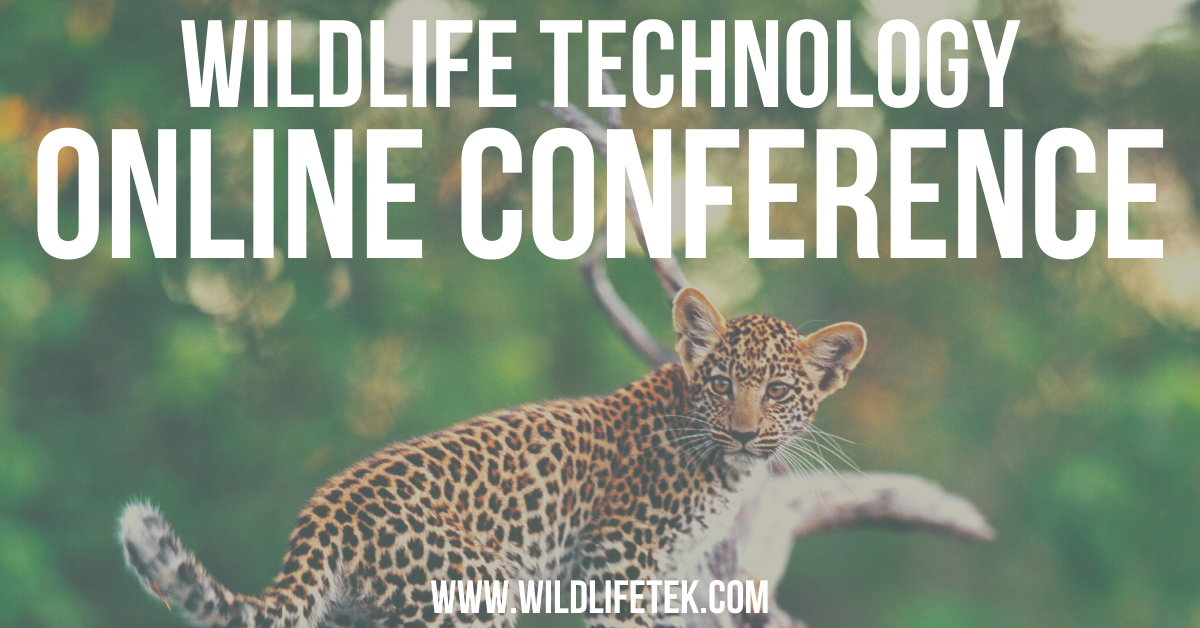
Wildlife Technology Online Conference
The Wildlife Technology Online Conference brought wildlife researchers, professionals, students & volunteers from around the world together to share their knowledge & experience of using technology for wildlife applications.
Our goal is to improve our collective understanding of how technology is used for global wildlife applications so that we can better understand and conserve our wildlife.
OUR
FEATURED SPEAKERS
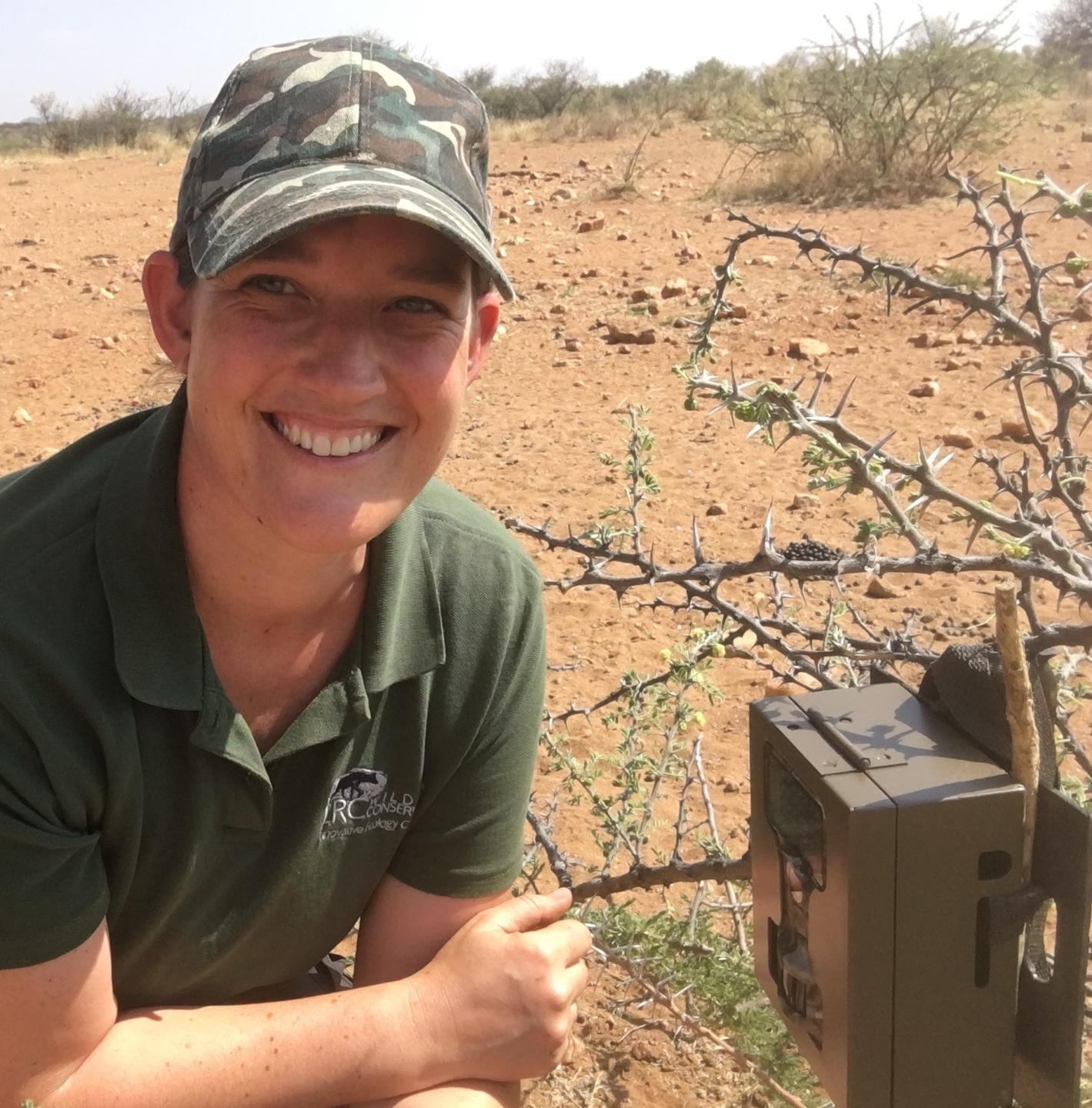
Dr Louisa Richmond-Coggan, LRC Wildlife Conservation
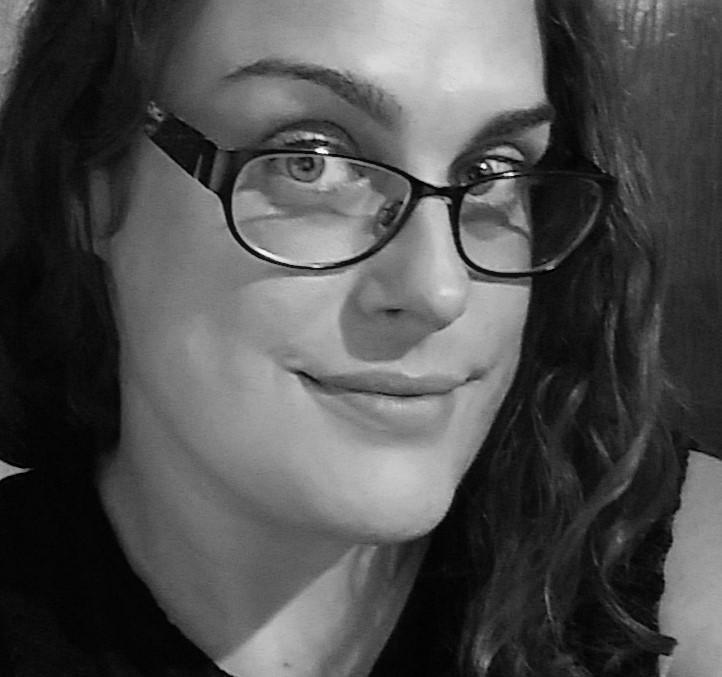
Dr Kayleigh Fawcett Williams, Wildlifetek
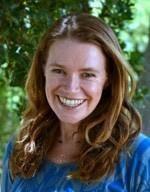
Dr Debbie Saunders, Wildlife Drones
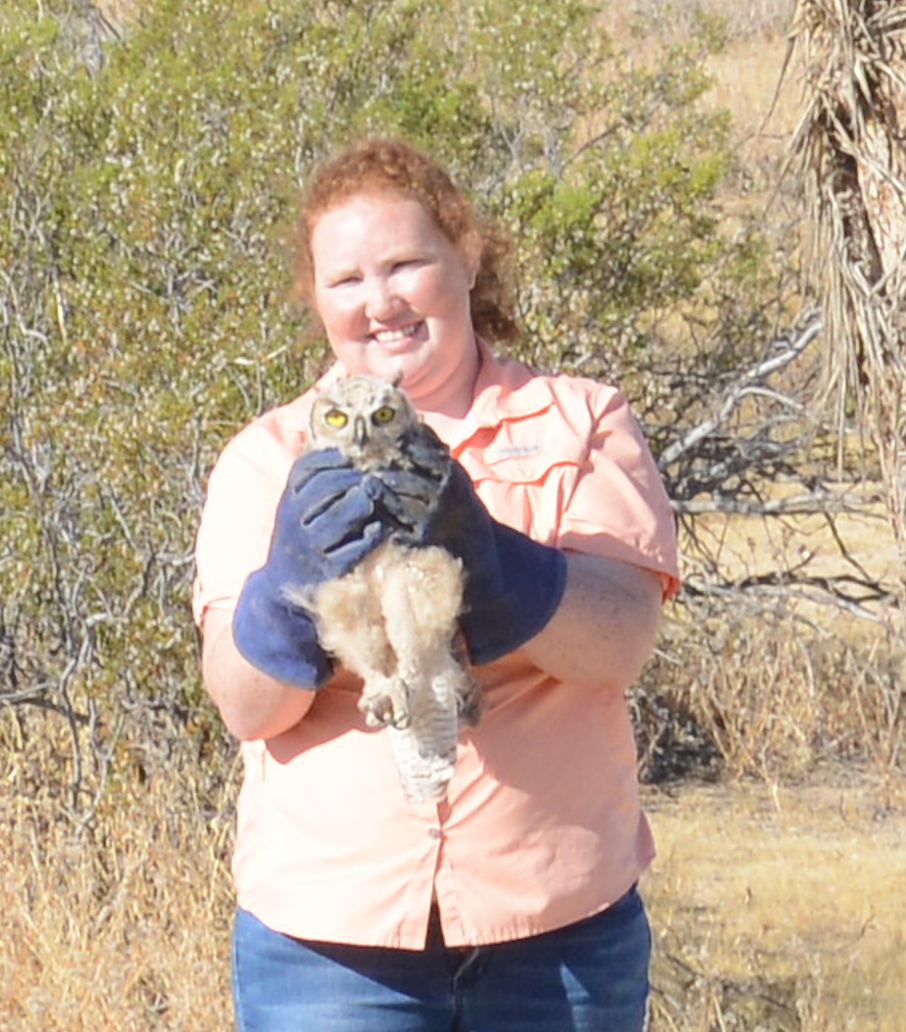
Ericka Buckreis
Ericka volunteers and works for organizations that give back to the community and environment. She is a hard-working, passionate, and enthusiastic individual with an interest in wildlife ecology and conservation. She promotes the advancement of environmentally sustainable policies, practices and technologies specifically though geographical information systems (GIS) to help meet society’s current and future natural resource needs.
Dr David Wallis
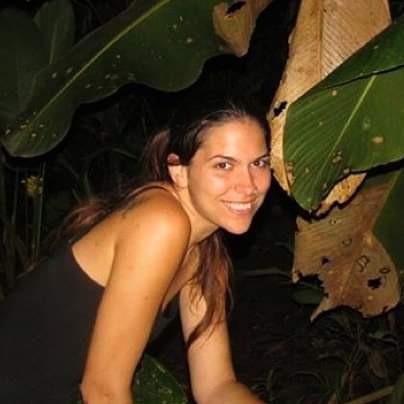
Virginia Pelayo
Virginia is a passionate biologist and ethologist focused on wild cats. Since she was four she decided to work on wild cat rehabilitation and conservation. Originally from Spain, Virginia is currently working as an investigation assistant at Gente y Fauna and collaborating at Las Pumas Rescue Center and Sanctuary, in Costa Rica.
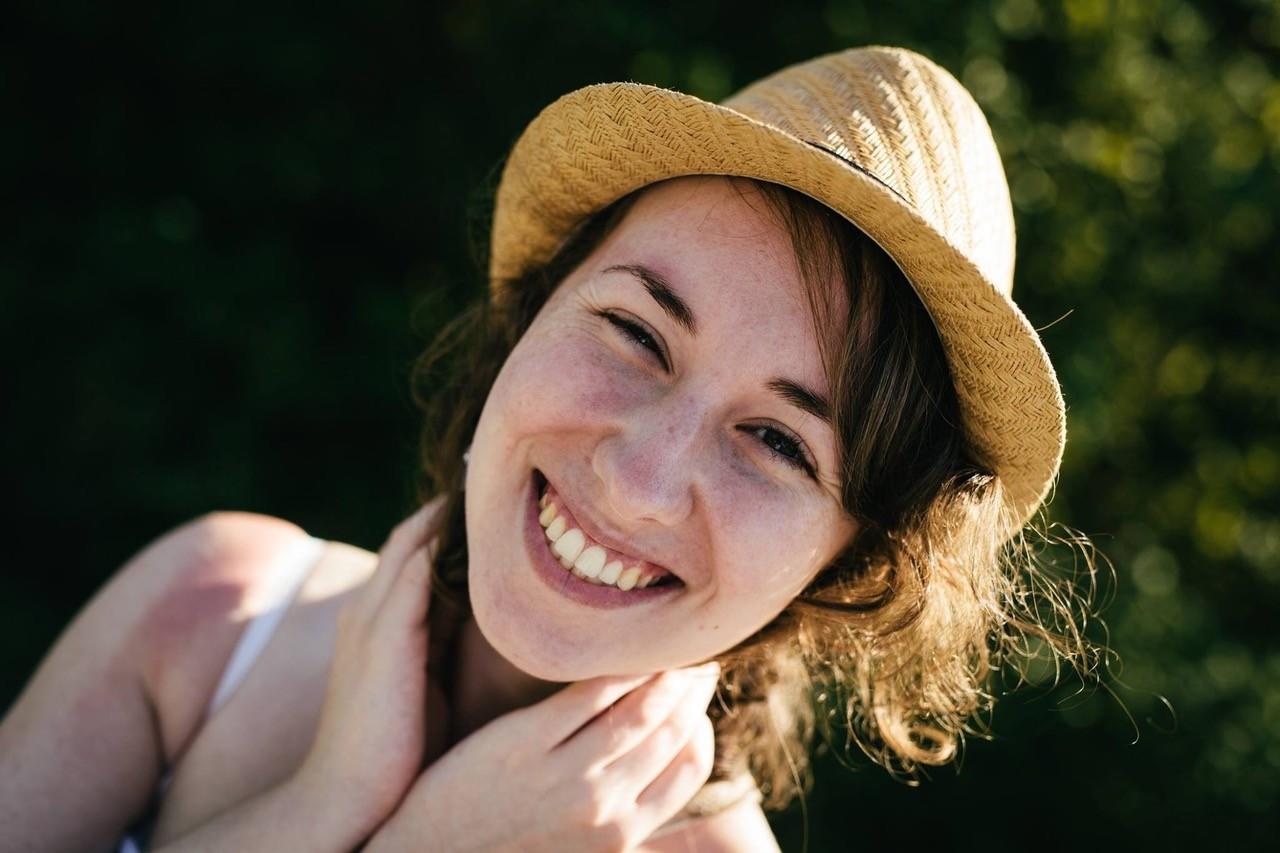
Olivia Pisano
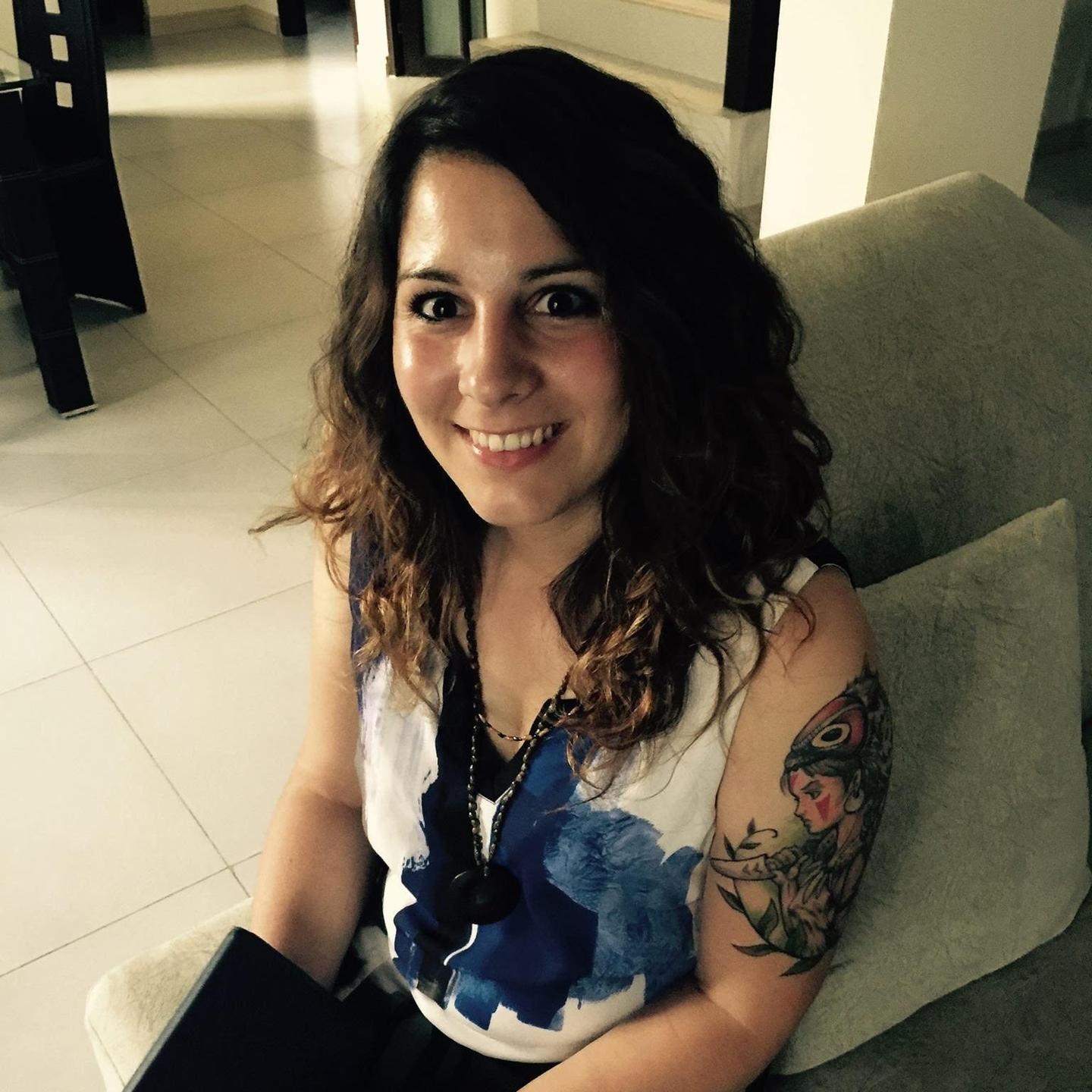
Priscillia Miard
Rob Knott
Rob is a zoologist, conservationist and passionate naturalist who graduated with an MSci in Zoology from the University of Southampton (UK) in 2019. During his studies, he became interested in bioacoustics as a means of monitoring the impact of land use change on species with his research taking him from UK urban green spaces all the way to a remote Mennonite community in the neotropics. Since graduating, Rob has undertaken internships with the Wildlife Trust and RSPB whilst continuing his acoustic research.
Ben Seleb
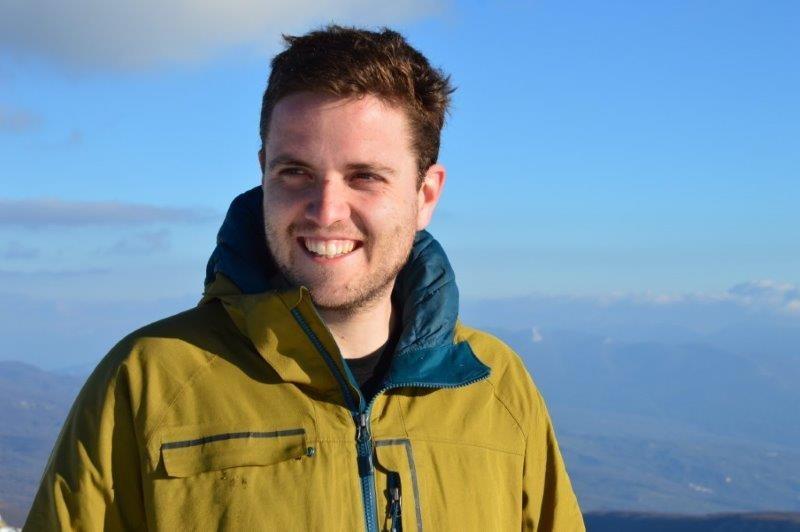
Benjamin Barca
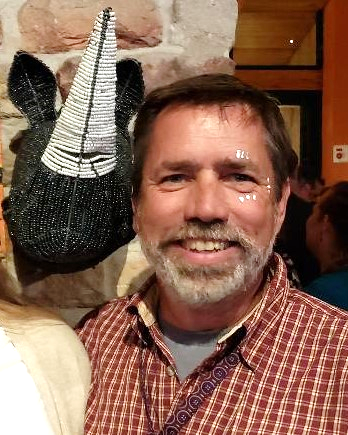
Dr Richard Alward
Dr. Richard Alward is an ESA Certified Senior Ecologist with Aridlands, LLC. For over sixteen years he has been
assessing wildlife habitat, evaluating the success of ecological restoration, and mapping rare plants as an
environmental consultant in semi-arid western Colorado and eastern Utah, USA (and, most recently, in northern
Tanzania). In 2016 he expanded his toolbox to include unmanned aerial systems (UASs, aka “drones”) and ultra-
high-resolution multispectral sensors, permitting him to use remote sensing to observe both the forest and the
individual trees.
Anthony Powell
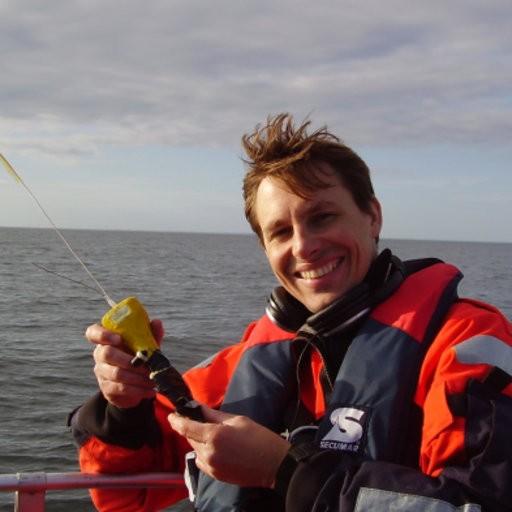
Andrew Wright
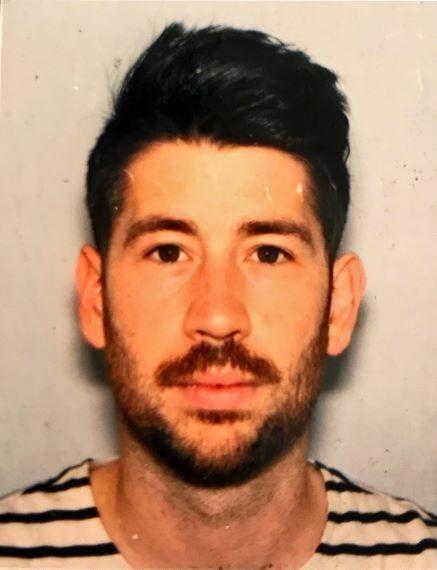
Dr J. Chris McKnight
Conference Schedule
19:15 - Richard Alward, Aridlands - Drones and multispectral cameras for assessing wildlife habitat
19:45 - Robert Knott, University of Southampton - Using acoustics to monitor the diversity and behaviour of birds and bats affected by land use change
20:00 - Priscilla Maird, Universiti Sains Malaysia - Thermal imaging and red light to enhance nocturnal mammal survey
20:15 - BREAK
20:30 - Beth Styler Barry, The Nature Conservancy New Jersey Chapter - Columbia Lake Dam Removal;
Using Drones for Quantitative Evaluation of River Restoration
20:45 - J. Chris Knight, Sea Mammal Research Unit University of St. Andrews - When the brain goes diving
21:00 - Ben King, Boxfish Research - Remote imaging for monitoring wildlife and habitat in Antarctica using the Boxfish ROV
13:00 - BREAK
13:15 - Anthony Powell, Antzworks - Filming in Antarctica
13:45 - Benjamin Barca, NatureMetrics - eDNA
14:00 - Anne Eichholtzer, Deakin University - TechnEcology : from Wildlife to Well-being
14:15 - Olivia Pisano, Dalhousie University - Automated detection of whales in the Gulf of St. Lawrence
19:30 - Ericka Buckreis, Eastern Kern County Resource Conservation District - GIS Workshop
20:30 - Shallu Prasher, Northern Illinois University - Evaluating spatial distributions of scent-marks in semi-free-ranging groups of lemur catta
20:45 - NETWORKING SESSION
13:00 - BREAK
13:15 - Benjamin Seleb, Georgia Institute of Technology - Introducing Engineering Students to Conservation Technology
13:30 - David Wallis, Aarhus University - How directional passive acoustic monitoring can be used to track bats and birds
13:45 - Andrew Wright, Fisheries and Oceans Canada - Better ecological understanding through combining technologies
14:15 - Kayleigh Fawcett Williams, Wildlifetek - Conference Close
Sessions Include:
- Presentations
- Workshops
- Networking Sessions
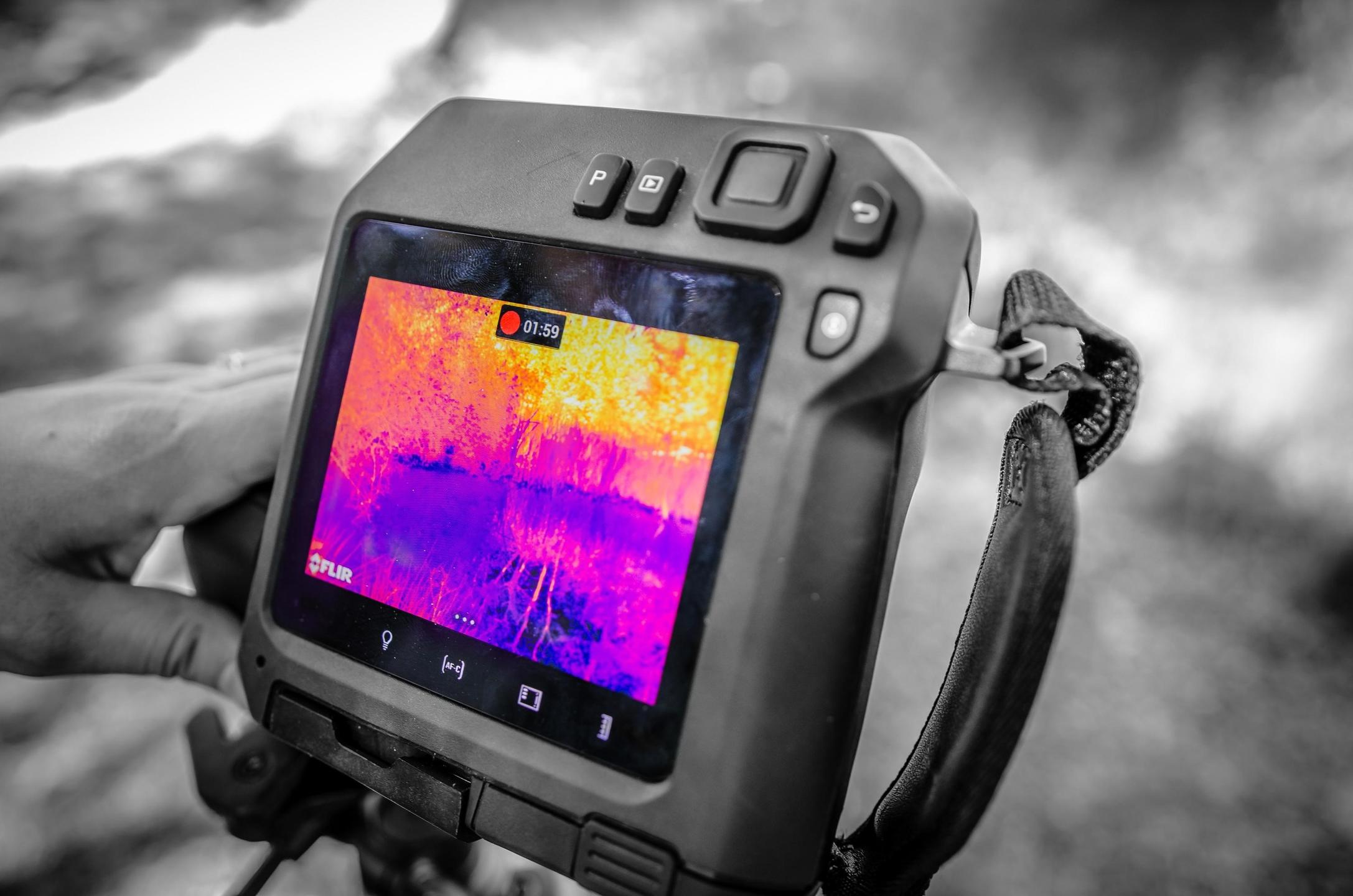
Supporting Wildlife Conservation...
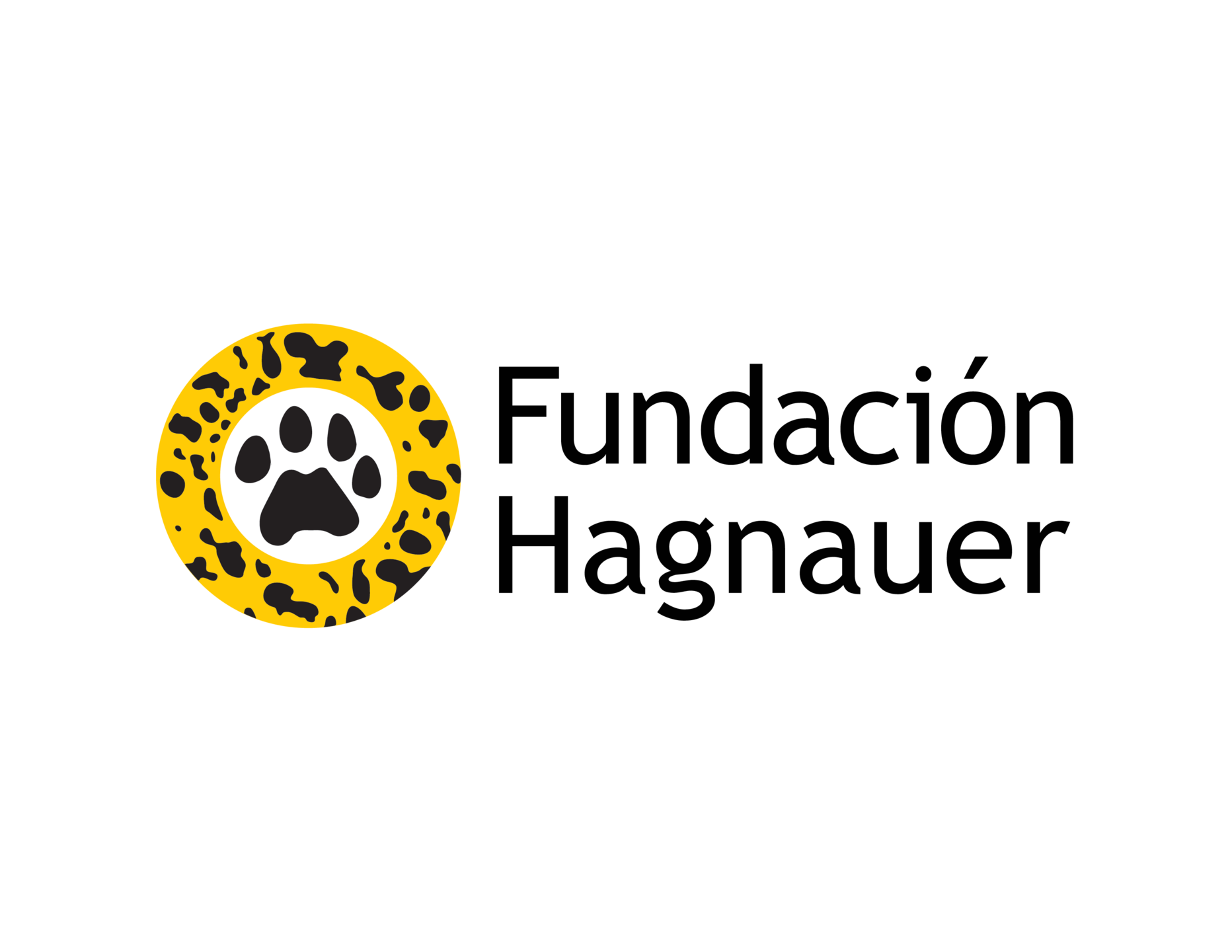
25% of all our ticket sales go to Fundación Hagnauer to help Las Pumas Rescue Centre in Costa Rica
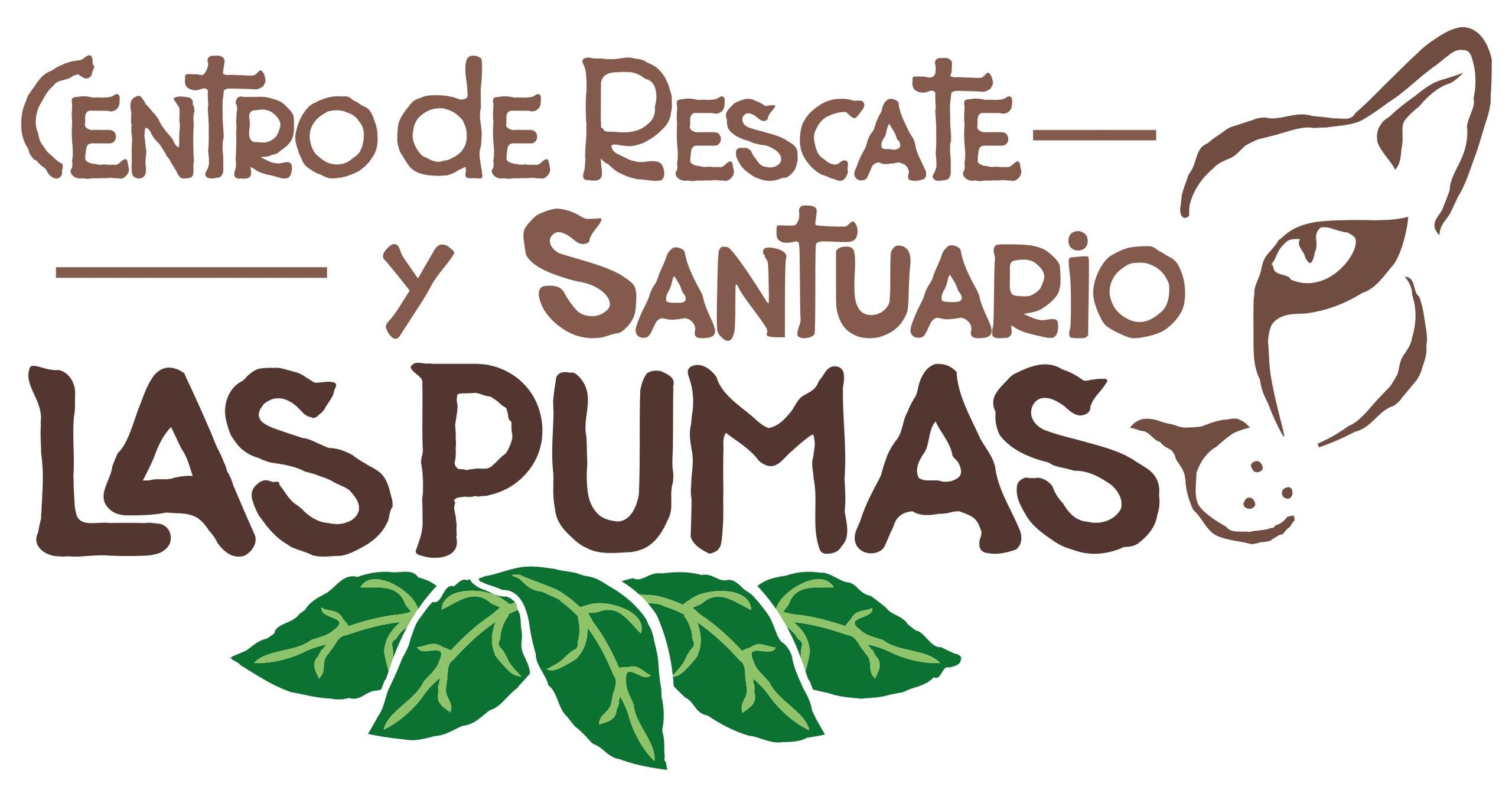
CONFERENCE TICKETS
Available for a limited time only.
Standard REPLAY Ticket
£30
Includes:
